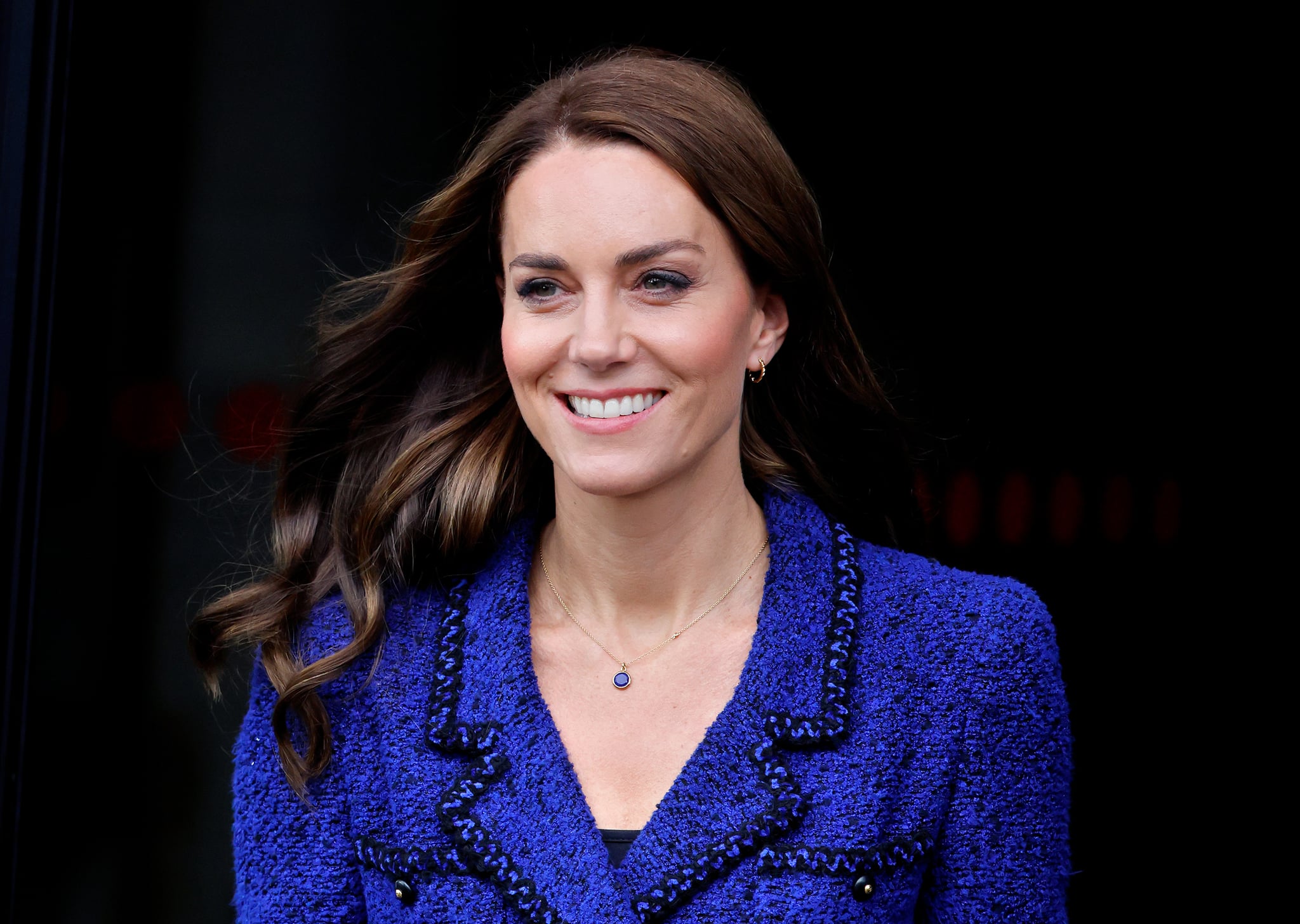
Princess of Wales Kate Middleton shared an important message during Addiction Awareness Week, a UK-based effort running from Oct. 30 to Nov. 6. As a patron of The Forward Trust, a UK-based organization that offers services to those affected by addiction, Middleton spoke in a video for its “Taking Action on Addiction” campaign.
“Addiction is a serious mental health condition that can happen to anyone, no matter what age, gender, race or nationality. As Patron of The Forward Trust, I have met many people who have suffered from the effects of addiction,” Middleton said.
While acknowledging that attitudes around addiction are changing for the better, Middleton said there’s still a lot of work to do.
“Still, the shame of addiction is stopping people and families asking for help and people are still tragically losing their lives. We, as a society, need to recognize that the only way to help those suffering is to try and understand what has led them to addiction, to empathize with them, and to be compassionate to their struggles,” she said.
Framing addiction as a mental health condition is an important step in destigmatizing drug and alcohol dependency. Cleveland Clinic defines substance use disorder (SUD) as a mental health condition, marked by a “problematic pattern of substance use that causes distress and/or impairs their life.” SUD can encompass any substance with an addictive quality (like alcohol, opioids, inhalants, or cannabis, for example). And, as Cleveland Clinic notes, SUDs can compound — meaning someone can have multiple substance use disorders at a time.
“Please know that addiction is not a choice. No one chooses to become an addict,” Middleton continued. And in a direct message to those affected by addiction, she said: “I want you to know that this is also a serious health condition. Please do not let shame hold you back from getting the help you so desperately need.”
If you or someone you know is struggling with substance use disorder, the Substance Abuse and Mental Health Services (SAMHSA) has resources available including a national 24/7 helpline at1-800-662-HELP (4357). You can also send your zip code via text to 435748 (HELP4U) for treatment referral and information services.
Image Source: Getty / Max Mumby
